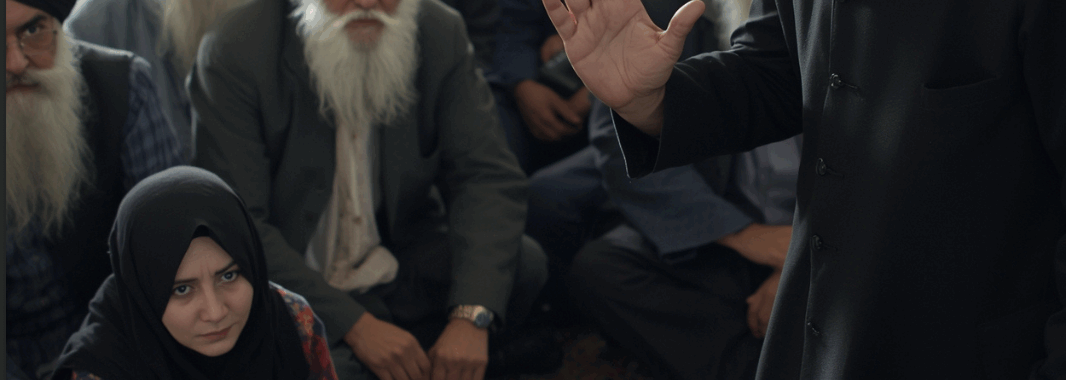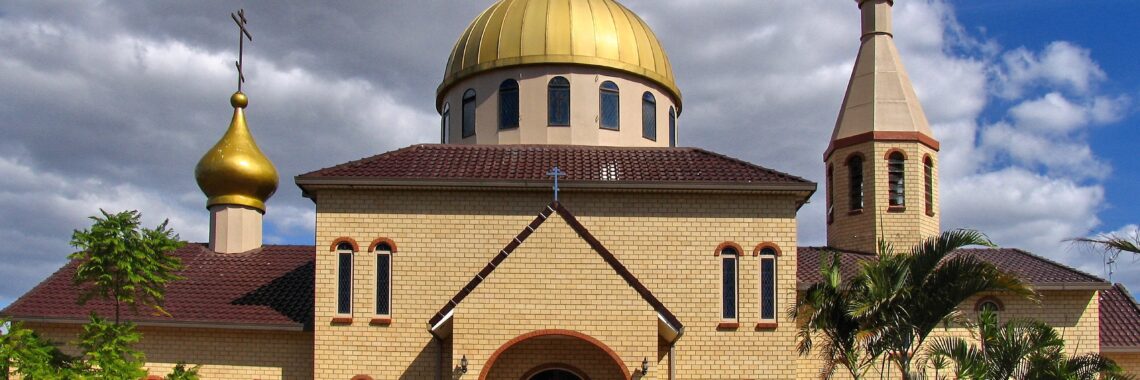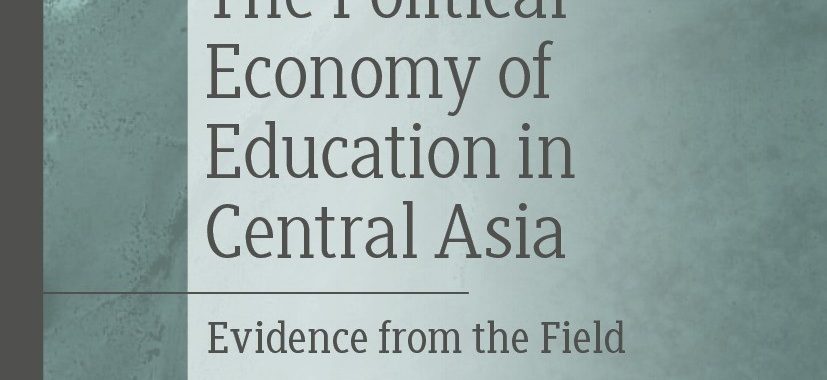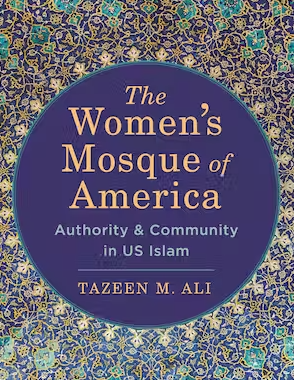“Jirgas: Rogue Agents of Conflict Resolution” by Jo Chitlik
This image is an AI-generated depiction based on descriptions of similar events. The recent renewed public outrage over a video showing the brutal execution of Bano Bibi and her alleged partner, Ehsan Ullah, has once again brought the issue of honor killings to the forefront. These murders, which were ordered in May 2025 by a…










